Testosterone is an important hormone and is necessary for healthy reproductive organs in men. Unfortunately, certain foods can have a negative impact on testosterone levels. Here are five foods that lower testosterone and what you need to know about them.

Table Of Content:
- 8 Foods That Lower Testosterone Levels
- 7 foods that kill testosterone list
- 7 Foods That May Help Boost Testosterone
- 5 Foods to Lower Your Testosterone Naturally
- The 8 best foods to boost low testosterone
- 8 Foods That Kill Testosterone and 5 Foods That Boost It
- Testosterone-Associated Dietary Pattern Predicts Low Testosterone ...
- 5 Foods That Destroy Testosterone
- An Update on Plant Derived Anti-Androgens - PMC
- 11 Foods That Lower Testosterone: Testosterone-Killing Foods
1. 8 Foods That Lower Testosterone Levels
https://www.healthline.com/nutrition/foods-that-lower-testosterone 1. Soy and soy-based products ... Some research shows that regularly eating soy products like edamame, tofu, soy milk, and miso may cause a drop in testosterone ...
1. Soy and soy-based products ... Some research shows that regularly eating soy products like edamame, tofu, soy milk, and miso may cause a drop in testosterone ...
2. 7 foods that kill testosterone list
https://www.medicalnewstoday.com/articles/325186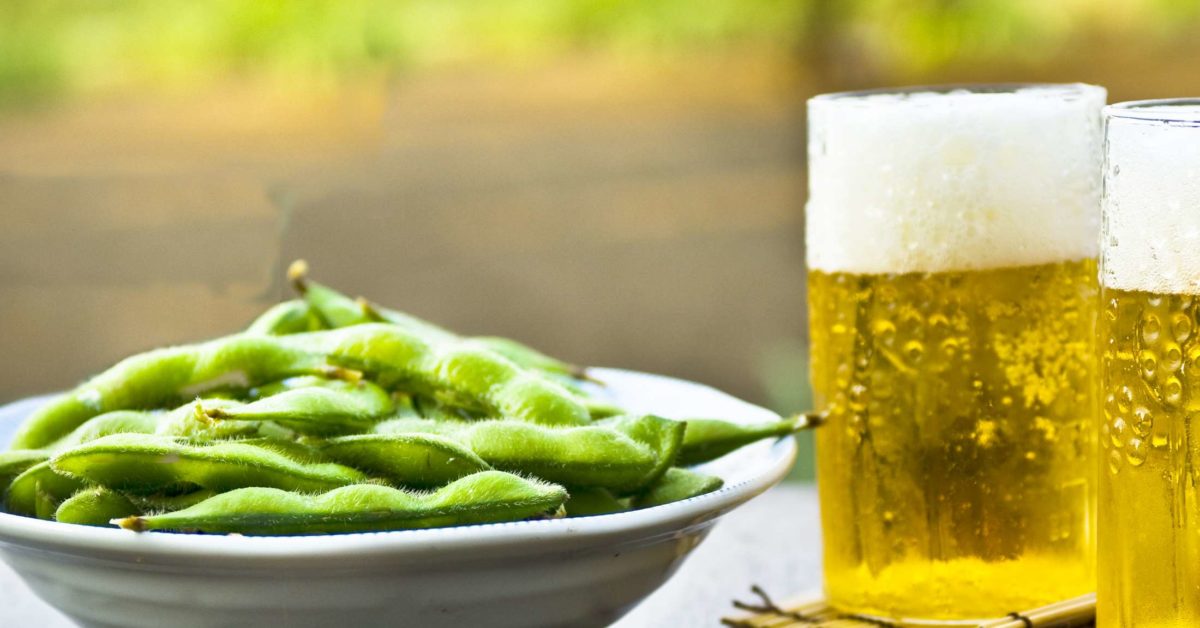 What foods reduce testosterone? · 1. Soy products · 2. Dairy products · 3. Alcohol · 4. Mint · 5. Bread, pastries, and desserts · 6. Licorice root · 7. Certain fats · 5 ...
What foods reduce testosterone? · 1. Soy products · 2. Dairy products · 3. Alcohol · 4. Mint · 5. Bread, pastries, and desserts · 6. Licorice root · 7. Certain fats · 5 ...
3. 7 Foods That May Help Boost Testosterone
https://www.healthline.com/nutrition/testosterone-boosting-food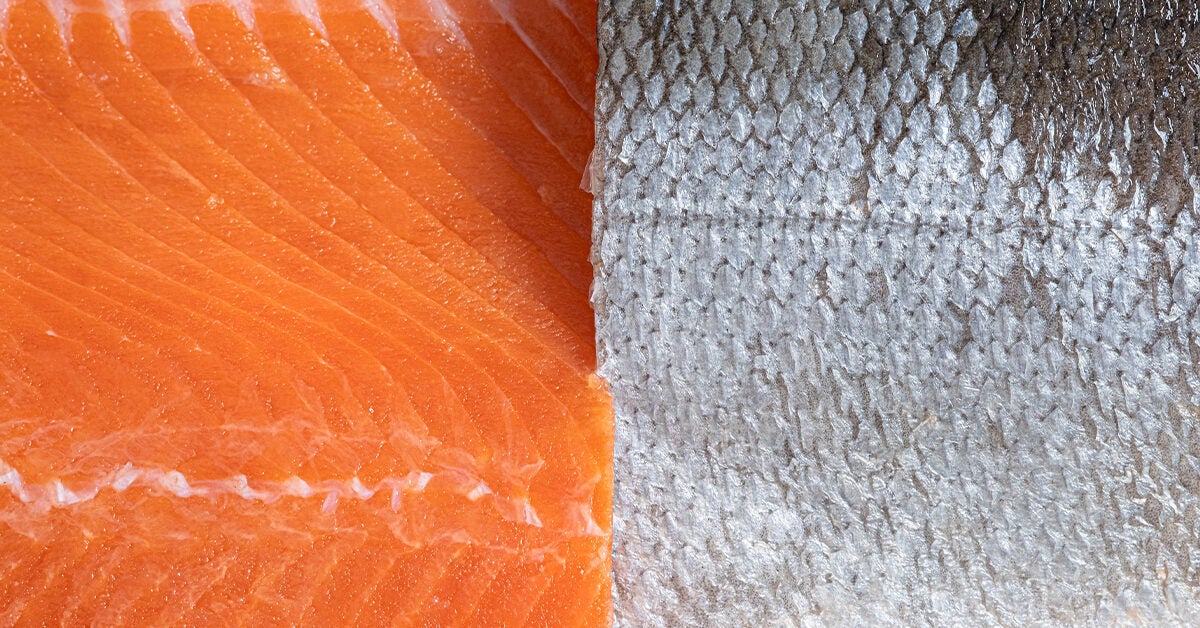 Therefore, eating more magnesium-rich foods, such as spinach, kale, and collard greens, may help promote healthy testosterone levels. 3. Cocoa products. Cocoa ...
Therefore, eating more magnesium-rich foods, such as spinach, kale, and collard greens, may help promote healthy testosterone levels. 3. Cocoa products. Cocoa ...
4. 5 Foods to Lower Your Testosterone Naturally
https://www.verywellhealth.com/foods-to-lower-testosterone-2616293/GettyImages-157505463-56a6f8133df78cf772912c24.jpg) Nov 7, 2020 ... 12. A healthy diet and lifestyle are important for treating PCOS. This article lists five foods you can eat to lower testosterone naturally.
Nov 7, 2020 ... 12. A healthy diet and lifestyle are important for treating PCOS. This article lists five foods you can eat to lower testosterone naturally.
5. The 8 best foods to boost low testosterone
https://www.medicalnewstoday.com/articles/323759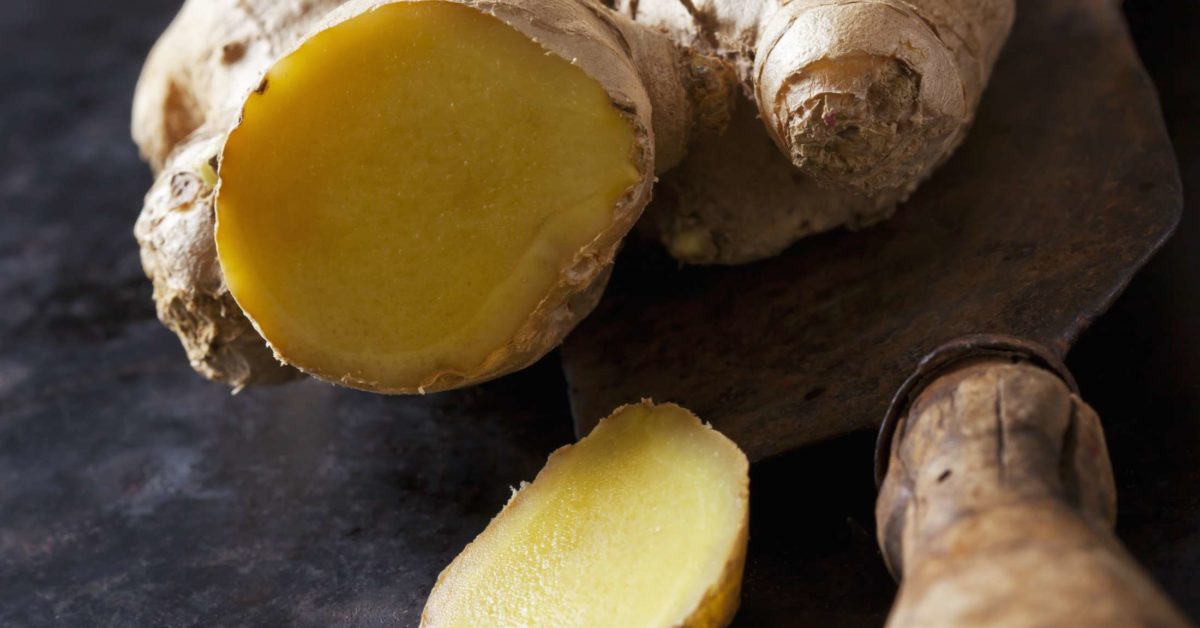 It is important to remember, however, that getting enough vitamin D every day is essential for overall health. 5. Leafy green vegetables. Vegetables such as ...
It is important to remember, however, that getting enough vitamin D every day is essential for overall health. 5. Leafy green vegetables. Vegetables such as ...
6. 8 Foods That Kill Testosterone and 5 Foods That Boost It
https://greatist.com/health/foods-that-kill-testosterone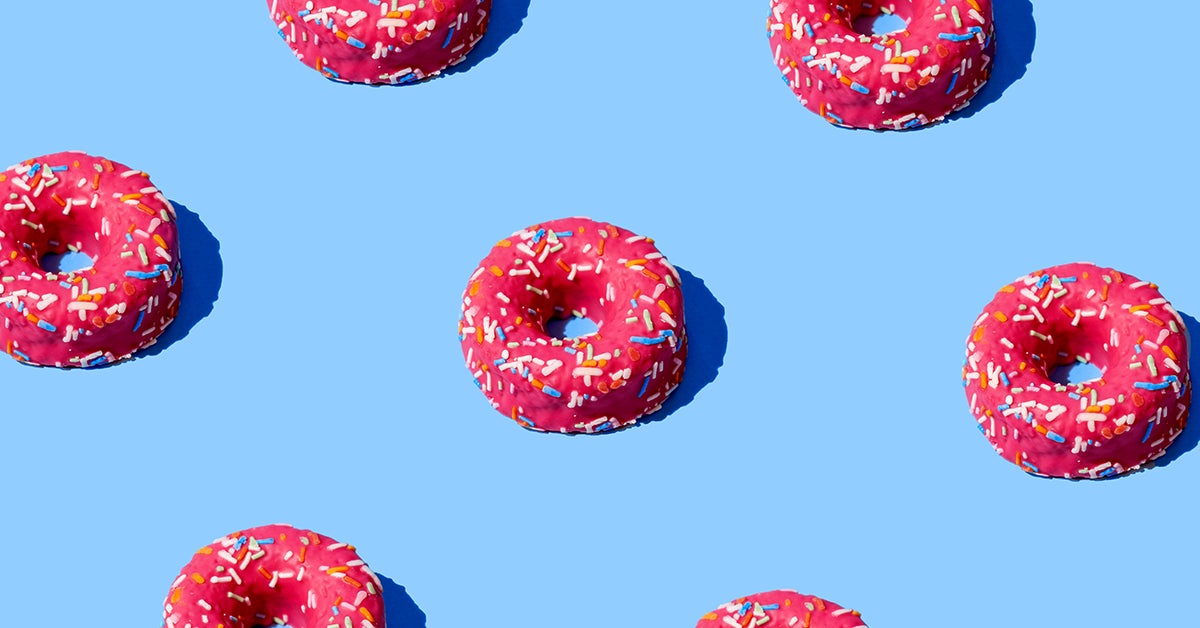 Apr 27, 2021 ... What you eat might just impact testosterone levels. Here are the top foods that might kill or boost testosterone in males.
Apr 27, 2021 ... What you eat might just impact testosterone levels. Here are the top foods that might kill or boost testosterone in males.
7. Testosterone-Associated Dietary Pattern Predicts Low Testosterone ...
https://www.ncbi.nlm.nih.gov/pmc/articles/PMC6266690/
CHO intake may also affect the male sex hormone. A low-CHO diet (<5% of total energy content) decreased plasma total T levels while circulating ...
8. 5 Foods That Destroy Testosterone
https://www.menshealth.com/uk/nutrition/a757460/5-foods-that-destroy-testosterone/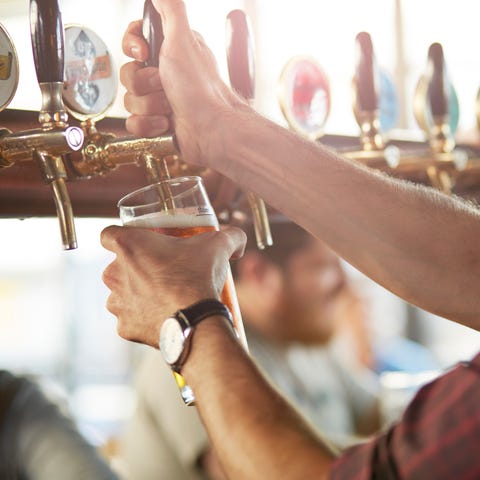 Aug 19, 2019 ... You know what to eat to top-up your T-levels. But what should you avoid?
Aug 19, 2019 ... You know what to eat to top-up your T-levels. But what should you avoid?
9. An Update on Plant Derived Anti-Androgens - PMC
https://www.ncbi.nlm.nih.gov/pmc/articles/PMC3693613/ Other agents covered include red reishi, which has been shown to reduce levels 5-alpha reductase, the enzyme that facilitates conversion of testosterone to ...
Other agents covered include red reishi, which has been shown to reduce levels 5-alpha reductase, the enzyme that facilitates conversion of testosterone to ...
10. 11 Foods That Lower Testosterone: Testosterone-Killing Foods
https://honehealth.com/edge/nutrition/foods-that-lower-testosterone/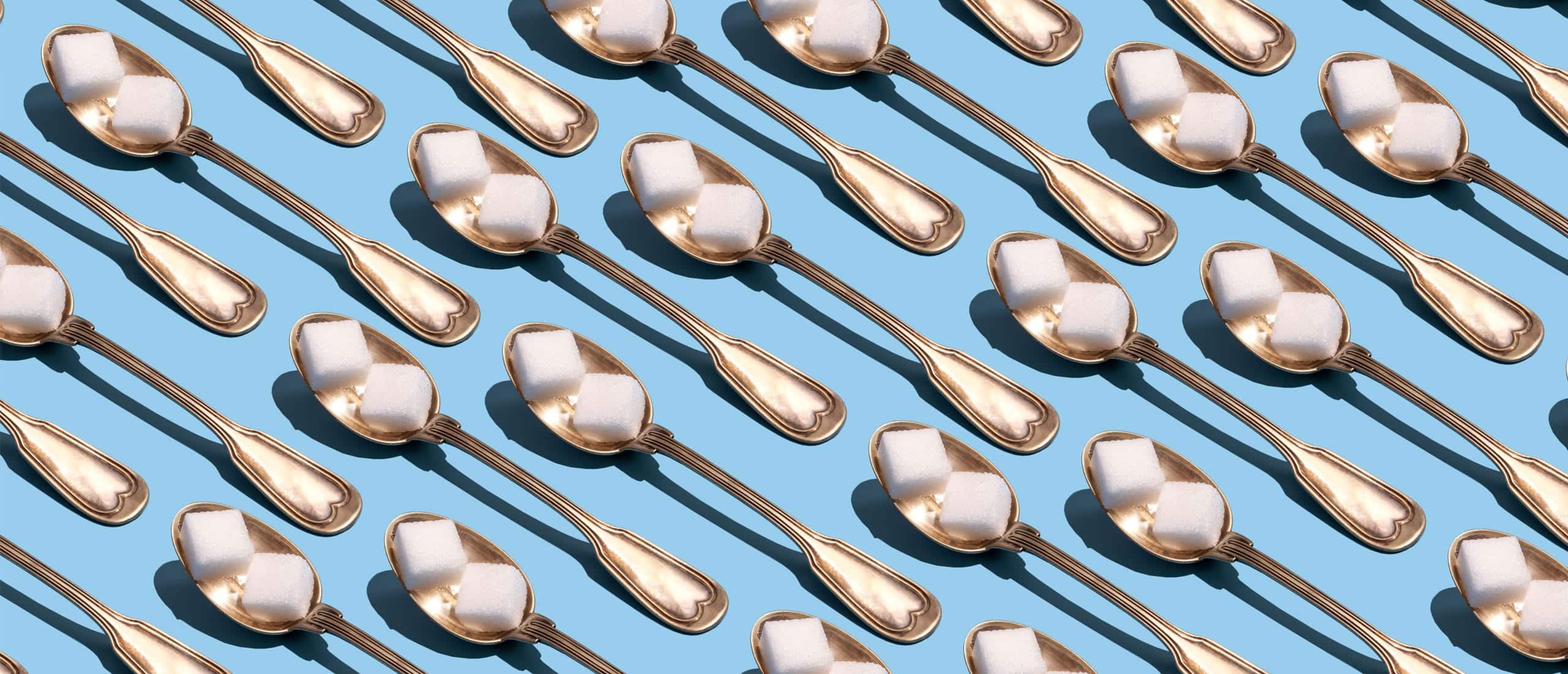 What Foods Kill Testosterone? · 1. Soy · 2. Dairy · 3. Alcohol · 4. Baked goods · 5. Sugar · 6. Mint · 7. Trans fats · 8. Vegetable oils.
What Foods Kill Testosterone? · 1. Soy · 2. Dairy · 3. Alcohol · 4. Baked goods · 5. Sugar · 6. Mint · 7. Trans fats · 8. Vegetable oils.
What are some foods that lower testosterone?
The five main foods that lower testosterone levels are soy, processed sugars, trans fats, alcohol, and dairy products.
How does each food lower testosterone?
Soy contains phytoestrogens which can mimic estrogen in the body and reduce natural testosterone production. Processed sugars increase insulin levels which reduce natural testosterone production. Trans fats block hormones from binding with cells due to increased inflammation of the blood vessels. Alcohol decreases the body’s production of steroids including testosterone while increasing its conversion into other hormones like estrogen. And finally, cow's milk contains various amounts of naturally occurring hormones that can disrupt natural hormone balance.
How do I minimize my consumption of these foods?
One way to minimize your consumption of these foods is by being aware of what goes into your meals and snacks; for instance, opting for fruits instead of processed sweets or taking snacking breaks away from any beverage containing alcohol. Additionally, try increasing your intake of vitamin D and zinc by eating things like beef liver, eggs, oysters as well as almonds or pumpkin seeds which will help to keep your testosterone level at a good level versus it decreasing because of certain anti-nutrients found in some plant-based proteins like soy specifically.
Are there any other dietary measures to take alongside reducing these food sources?
Yes! It is important to maintain a healthy diet overall with plenty of vegetables and lean protein sources such as fish or chicken as well as complex carbohydrates such as quinoa or sweet potatoes that will help keep hormones balanced throughout the day. This means limiting your intake of refined sugar and processed grains especially right before bedtime since these types of carbs cause insulin spikes which lead to low testosterone in the long run. Additionally supplementing with Vitamin D3 daily can further support the male body with maintaining normal hormone levels when coupled with regular exercise.
Is cooking a certain way beneficial?
Some unhealthy fats used in cooking can be particularly detrimental when it comes to lowering testosterone levels- so try swapping out those high trans fat margarines for olive oil instead! Additionally grilling or baking meat over frying it is beneficial since fried meats tend to contain higher amounts of unhealthy fats than their healthier grilled/baked counterparts.
Conclusion:
Eating certain kinds of food can have a negative impact on our bodies, especially when it comes to our natural hormone balance. Luckily there are many ways we can adjust our diets and habits in order to maintain healthy levels including optimizing vitamin D & zinc intake as well as avoiding trans fatty acids when possible during meal preparation or replacing certain items with more nourishing alternatives such as olive oil instead of margarine!
